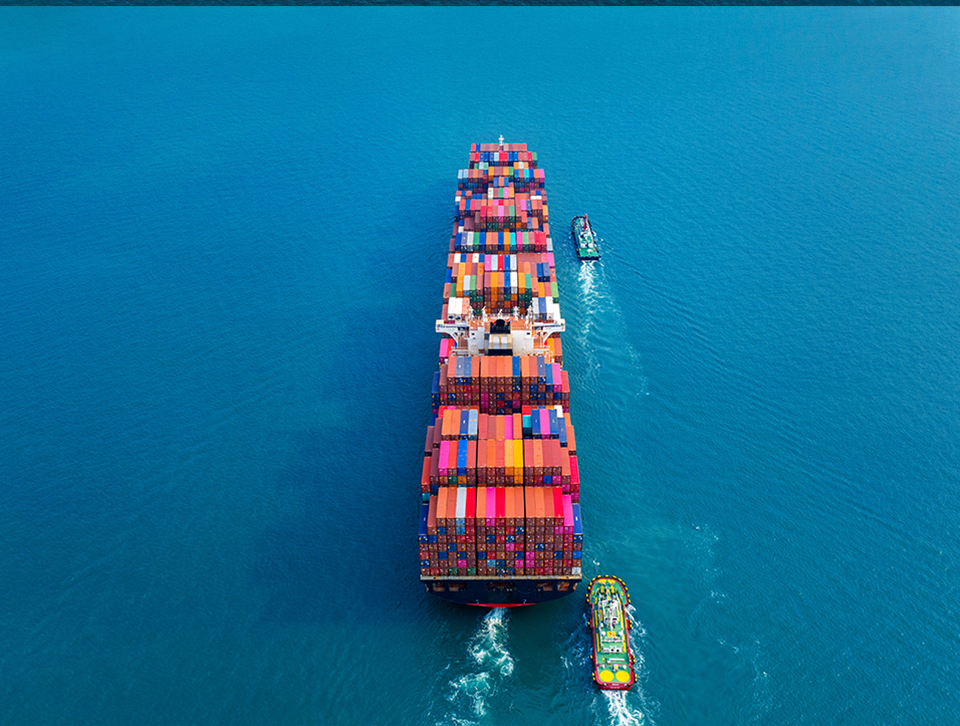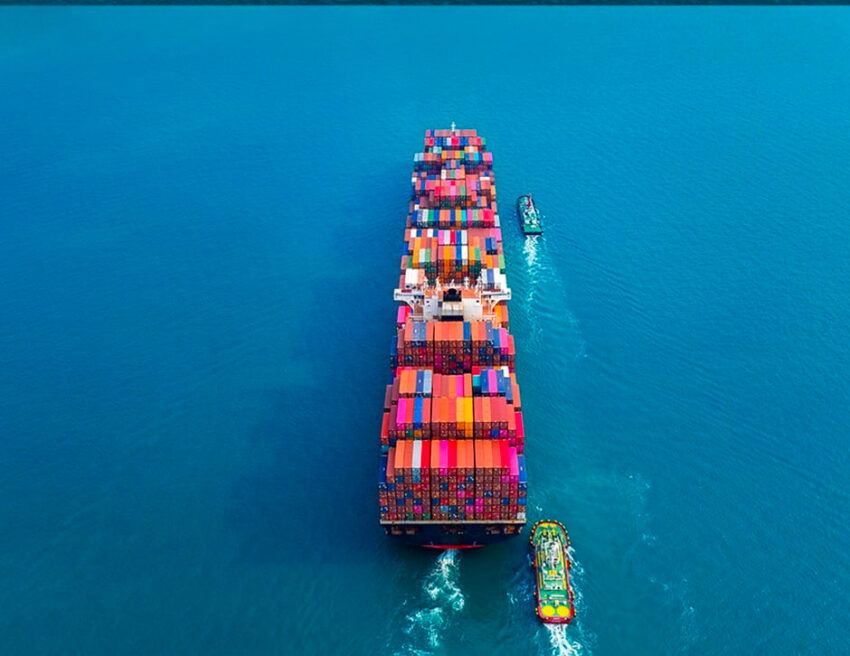
The kinds of damages that can occur during transit
Regrettably, the chances of your high-value cargo getting damaged during transit is rather high. To begin with, shock and impact in transit can break or considerably damage your fragile cargo. Additionally, dust and moisture can render sensitive electronic goods useless. Moreover, static charges can also render several electronic devises unusable. A few other factors that can damage expensive shipments include extreme temperature, humidity, changes in atmospheric pressure, and contact with specific materials. This is precisely why it is extremely important to pay attention to your packaging.
How does cargo theft happen?
While independent freight forwarders tend to take all sorts of precautions to prevent loss or damage of cargo, they don’t take enough measures to eliminate the risk of theft. Moreover, logistics companies often team-up with unknown partners or carriers that add to the risk of sophisticated theft. Perpetrators of these kinds of crimes usually have a good knowledge of the luxury cargo supply chain. Apart from fraud, there is also the risk of hijacking high-value shipments. Different areas across the globe have different patterns of theft. Therefore, it is important for you to adopt effective security strategies that will not lead to hefty surcharges.
Tips for independent freight forwarders to safely move high-value shipments
-
Expedite the shipping process
One of the most common ways to reduce the risk of theft of high-value cargoes is to expedite the shipping process. A speedy shipping process leaves almost zero chances of something going awry. Moreover, independent freight forwarders need to select the right time to aid the process of speedy delivery. For instance, you should always avoid sending a high-value shipment during the peak season, holidays, or weekends. Additionally, you need to carefully plan the delivery route. If your shipment is moving by truck, then ask your driver to check in with the dispatcher from time to time.
The driver should also be responsible for reporting any detours or possible causes of delays. Expedited cargo demands meticulous planning that would guarantee the safety of the entire supply chain. You need to take special care with cargo preparation, ensuring better cargo visibility, and monitoring the safety measures in every step of the process.
-
Come up with security procedures at your shipping facility
It is always a good idea to film the preparation and packing process of your cargo. Having CCTV in your premises can help you in this regard. Also, make sure to capture the tracking number. Most importantly, you need to keep your security protocols confidential. The less information you share, the less are the chances of fraudulent activities. Some effective ways of enhancing security include dedicated fleet, team drivers, split cargo, auditing partners, and hidden or overt GPS.
-
Choose a reliable carrier
Choosing a carrier with a longstanding reputation is extremely important when it comes to expensive shipments. Make sure to ask them about the process that goes into the selection of the best equipment and drivers. Ideally, you should always go for a vetted carrier or one that is referred to you by your industry peers.
-
Pay special attention to the packaging
The packaging you select has a great bearing on the protection you’re proving your shipment. Investing in double-walled parcel boxes goes a long way in protecting the content of the box. However, the packaging should depend on the kind of cargo you are shipping. For example, dust and moisture-sensitive shipments should never be packed in corrugated cardboard. In the case of international shipments, the weight of the packaging also elevates the cost. Aluminum cases can be helpful in this regard as they are sturdy and also weighs less than moulded plastic cases.
If you’re moving larger shipments then palletising your cargo should be one of your priorities. Additionally, you can also consider shrink-wrapping your palletised cargo to add another layer of protection. Shrink wrapping not only helps to keep your cargo intact but also protects against moisture and any other environmental damage.
-
The packaging should not contain the cargo description
The labeling of your high-value shipments should not include a description of the contents. Ideally, you need to remove all details like the company logo and product name from the labels.
-
Have a risk mitigation plan
Transporting high-value shipments internationally entails dealing with different currencies, and customs laws. Additionally, the several formalities involved in the transportation process make the cargo more prone to theft, and fraud. Creating and following a well-thought-out risk mitigation plan can considerably lower the chances of cargo theft.
-
Get a cargo insurance
Cargo insurance is should the first thing to consider before proceeding with your high-value shipment. Firstly, you should find out the extent of the liability coverage of your carrier. Trucking company insurers are known to limit coverage by the addition of exclusions to their terms and conditions. As the freight forwarder, you need to have a good knowledge of those exclusions. Choosing an all-risk shipper’s interest policy can be helpful in this regard. This is because they cover the insurance gaps in the cargo without necessitating the forwarder to prove liability. In any case, it is always suggested that you minutely check all the details and loopholes of your insurance coverage.


